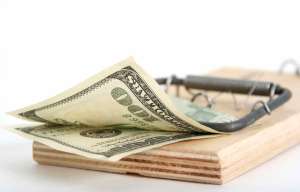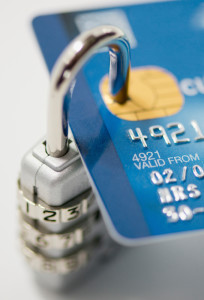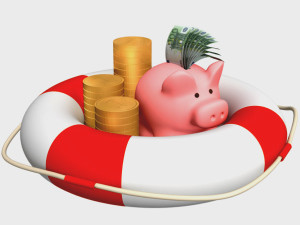 Today’s top story: How to perform a debt autopsy. Also in the news: How to choose between leasing and financing a new vehicle, spring break travel tips, and how to tell if a credit card has a good interest rate.
Today’s top story: How to perform a debt autopsy. Also in the news: How to choose between leasing and financing a new vehicle, spring break travel tips, and how to tell if a credit card has a good interest rate.
If You Really Want to Kill Off Your Debt, Do a Debt Autopsy
Not nearly as scary as it sounds.
How to Choose Between Vehicle Leasing and Financing
Deciding what’s best for you.
12 Major Travel Sites Reveal How to Save on Top Spring Break Destinations
Spend less on travel and more on fun.
How to Tell If a Credit Card Has a Good Interest Rate
Do your research.





